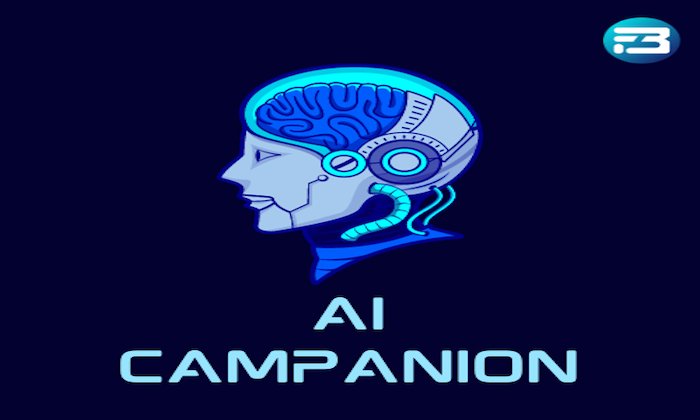What does scalability mean in the context of an AI data partner, and how can I assess it?
Data Scalability
Enterprise Solutions
AI Integration
Scalability in an AI data partnership means the ability to manage increasing volumes of data and projects efficiently without compromising quality or speed. This is essential for organizations looking to build sophisticated AI systems as the demand for diverse and high-quality datasets grows. Understanding scalability involves examining operational capacity, resource management, and technological infrastructure.
Components of Scalability
Scalability in an AI data partner involves several critical components:
- Volume Handling: The capability to manage larger datasets or multiple projects at once.
- Diversity Management: Sourcing and processing data across various modalities, languages, and demographics.
- Quality Assurance: Maintaining high data quality standards through robust QA processes, even as operations scale.
- Resource Flexibility: The ability to reallocate or augment resources like personnel or technology to meet project demands.
Why Scalability Matters
In today's fast-paced AI landscape, scalability is crucial for several reasons:
- Meeting Demand: As AI applications grow, the need for large and diverse datasets becomes critical. Scalable partners can meet these needs rapidly.
- Cost Efficiency: Scalable partners optimize costs by leveraging existing infrastructure and talent, eliminating the need for internal data management solutions.
- Speed to Market: Scalability allows for quicker development and deployment of AI models through efficient AI data collection and processing.
- Competitive Edge: Companies that adapt quickly to changing data requirements can outperform competitors by delivering superior AI solutions.
How Scalability Works
Scalability is achieved through strategic planning, technological infrastructure, and operational efficiency. Key factors include:
1. Technological Infrastructure: A strong technological foundation is vital. Platforms like FutureBeeAI’s Yugo platform streamline workflows, automate processes, and offer real-time monitoring, ensuring the technology can handle increased demands smoothly.
2. Contributor Network: A diverse and well-managed contributor network is crucial. FutureBeeAI’s global community of over 2,000 verified contributors allows for rapid onboarding and training, enabling quick responses to project needs across languages and demographics.
3. Quality Control Processes: Comprehensive QA frameworks ensure data quality remains high. Multi-layered QA processes, including both automated checks and human review, maintain standards as data volumes increase.
4. Project Management: Effective project management is key, with clear workflows, defined roles, and strong communication channels to manage multiple projects efficiently.
Critical Factors for Evaluating Scalability
When assessing an AI data partner's scalability, consider these dimensions:
1. Operational Capacity
- Current Projects: Evaluate how many projects the partner can manage concurrently and look for successful management of similar project scales.
- Time to Delivery: Assess typical project timelines and how they adapt with increased volume.
2.Resource Allocation
- Team Structure: Check for dedicated teams for speech data collection and processing, allowing for quick pivots to meet new demands.
- Technology Utilization: Review the technology stack for scalability, including automation and task distribution capabilities.
3.Quality Assurance Mechanisms
- QA Frameworks: Inquire about quality assurance processes and their adaptability to increased data volumes.
- Error Rates: Examine historical error rates and their variance with project scale.
Pitfalls in Scalability Assessment
Avoid these common missteps when evaluating scalability:
- Focusing Solely on Volume: Don’t just consider the number of projects a partner can handle; assess their ability to maintain quality and speed.
- Neglecting Compliance and Ethics: Ensure scalability doesn't compromise ethical data practices; partners should have robust compliance measures.
- Ignoring Flexibility: Scalability is about adaptability too. A partner unable to pivot for new demands or project changes may not be reliable.
Real-World Implications
Consider a scenario where a lack of scalability hinders an AI project: without a scalable partner, a company might face delays due to limited data access, resulting in missed market opportunities. Conversely, a scalable partner can provide diverse speech datasets swiftly, enabling efficient model training and a competitive market edge.
By understanding and assessing scalability effectively, organizations can choose AI data partners like FutureBeeAI that support their AI initiatives and ensure long-term success. For projects requiring rapid and scalable data solutions, FutureBeeAI offers the expertise and infrastructure needed to deliver high-quality datasets efficiently.
Smart FAQs
Q. What signs indicate a scalable AI data partner?
A. Look for a strong technological infrastructure, a robust contributor network, effective project management, and thorough quality assurance processes.
Q. How does scalability impact AI model quality?
A. Scalability enhances AI model quality by enabling quick access to diverse and large datasets, supporting comprehensive training and validation, and leading to superior model performance.
What Else Do People Ask?
Related AI Articles
Browse Matching Datasets
Acquiring high-quality AI datasets has never been easier!!!
Get in touch with our AI data expert now!








